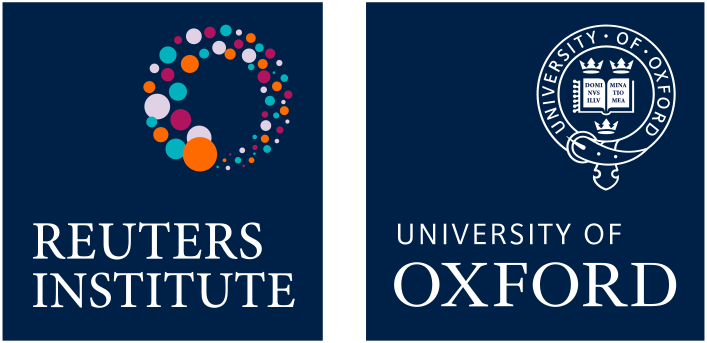
Czech Republic
The Czech media landscape benefited from relative wider economic stability in 2024, yet financial struggles persisted, especially for print. Publishers pushed digital monetisation, triggering regulatory scrutiny over ‘consent or pay’ models towards acceptance of tracking cookies. Meanwhile, a long-debated public licence fee increase came closer, though opposition plans threaten its future.
2024 saw a restoration of better macroeconomic conditions for Czech media markets, as the economy returned to growth (+1.0% GDP) and inflation was brought back under control (2.4%). Nevertheless, despite an overall 8% increase in advertising expenditure, many media houses and publishers have continued to face financial difficulties. The newspaper sector has seen another 11% decline in circulation, and the closure of several print editions, including Lidové noviny, the oldest Czech newspaper, founded in 1893. A business daily, E15, followed suit in December, although it continues in a digital format, and the free regional weekly 5plus2 folded, citing rising production costs.1
Facing the gradual demise of print titles, Czech publishers are being forced to accelerate the process of digital transition, and to develop new, innovative ways of monetising online content. Some brands have reported increases in their digital subscribers, including the daily Denik N, which passed the 26,000 mark in 2024, or the political weekly Respekt. Several major media houses – including the Czech News Centre, Mafra, Economia, and Seznam – introduced so-called consent wall banners, which prompt users to either explicitly consent to data collection about their online behaviour (as a key tool for personalising digital ads), or to pay a fee for accessing an ad-free version of the website.
This move has sparked a backlash from the Office for Personal Data Protection, which launched an investigation into the legality of the use of the ‘consent or pay’ model by some Czech publishers. The Office issued an injunction against Seznam, the largest Czech digital media company, temporarily banning the company from continuing with this practice. Its decision reflected the position taken by the European Data Protection Board, which has called upon the platforms to ensure that users’ right to decline the consent to personal data collection is not effectively penalised by having to pay for access as the only alternative.2 As of 2025, the investigation is still ongoing.
In another action by regulators, the Office for Protection of Competition (i.e. the competition authority) has been investigating Seznam for a suspected abuse of its dominant position on the market. According to sources quoted by the weekly Reflex, the Office was examining allegations of discriminatory practices against smaller publishers regarding the sharing of advertising revenues from Seznam’s Newsfeed service. However, the timing of the raid on Seznam’s headquarters, coming shortly after Seznam Zpravy published an investigation linking the Chairman of the Office with a businessman charged with corruption, sparked accusations of retaliation by the Office and an attempt to put pressure on Seznam’s journalists.3
In the area of media legislation, last year brought further developments in the ongoing and tumultuous struggle to increase the licence fees for public service media, which have been frozen since 2008 (for Czech Television) and 2005 (for Czech Radio). The planned increase, which the directors general of both organisations publicly warned was necessary to avoid budget cuts and reductions in production and staff, was included in the draft of the so-called ‘major media amendment’, a bill that the government pledged to pass by the end of 2024. However, due to prolonged obstruction by the opposition parties, as well as to a campaign against the fee increase led by many commercial media organisations, the bill was only approved by the Chamber of Deputies in March 2025. Having come into effect in May 2025, the new law raises the monthly fees, currently at €5.40 for TV and €1.80 for Radio by €0.60 and €0.40, respectively. The law will also link future increase to the inflation rate, a mechanism that has been long demanded by public service media advocates to improve the political independence of their funding.
Nevertheless, the main opposition party ANO has already announced its plans to abolish the licence fee after the upcoming Parliamentary elections (scheduled for autumn 2025) and replace it with direct state funding, alongside plans to merge Czech Television and Czech Radio into a single institution. Similar changes were made to public service broadcasters in Hungary and Slovakia, and brought increased government control, so these proposals have caused concerns for the future of independent public service media in the Czech Republic.
Václav Štětka
Loughborough University, UK
Changing media
The use of all media types as sources of news, including online platforms and social media, was the lowest since 2016. Smartphones have now become the primary devices for news.
Pay for online news
13%
Trust in news overall
33%
(+2)
=33/48
Overall trust in news media has increased from an all-time low in 2023, equalling the 11-year average of 33%. On the other hand, several top-positioned individual brands recorded a drop in trust. Despite that, public service media remain among the most trusted brands by Czech news audiences.

